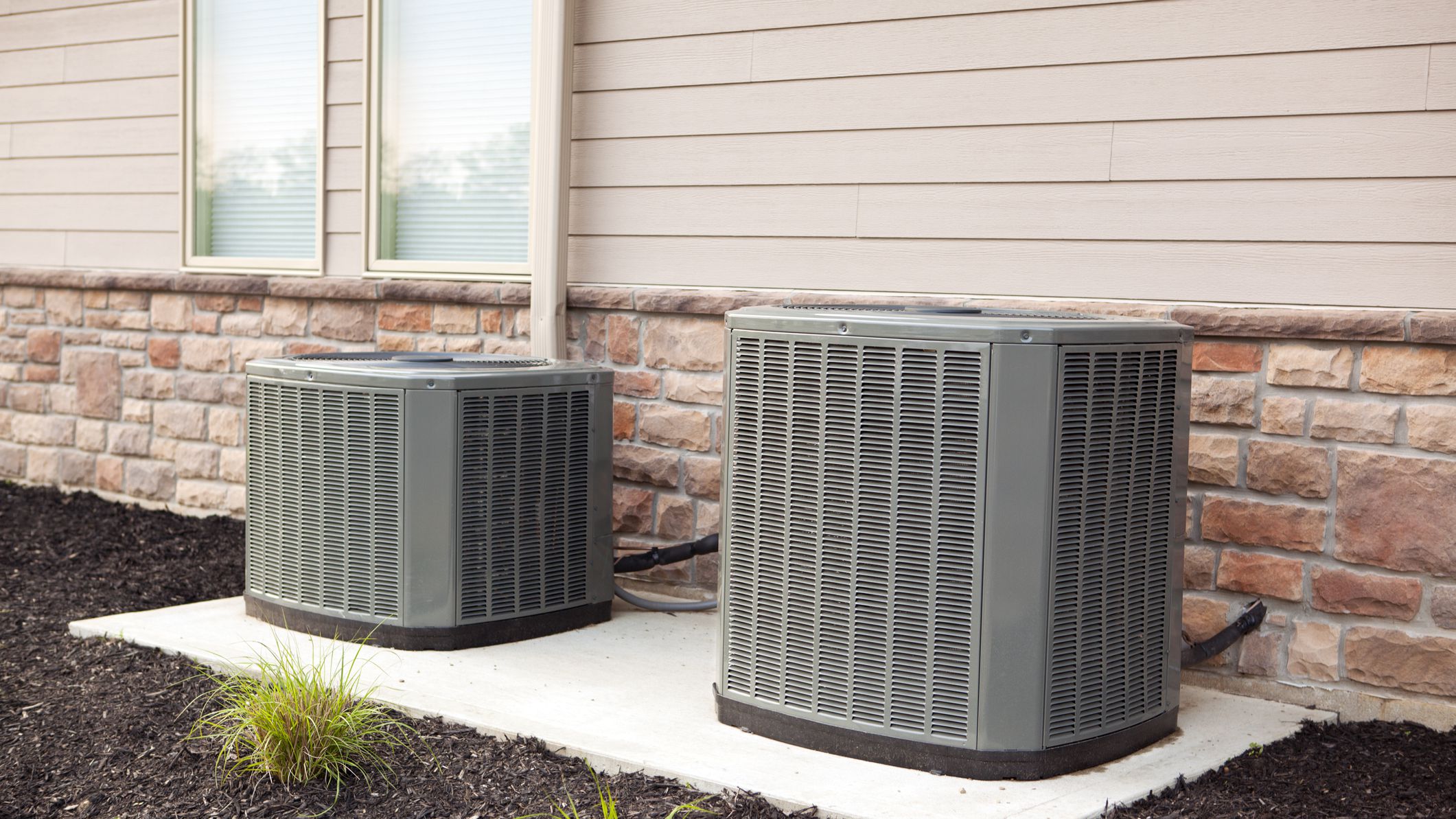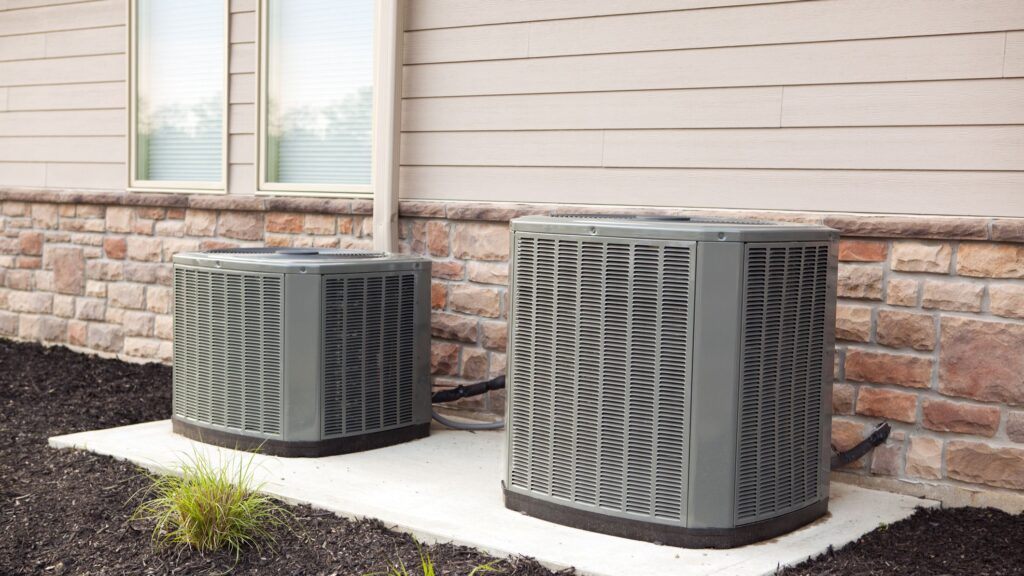This article will explore some of the most common A/C myths, revealing trustworthy money-saving tips that won’t sacrifice comfort and cool days.
There is no getting around it – it is December, and Florida is still officially hot and humid. Yes, these temperatures are uncomfortable, but it gets worse – we’ve been told humidity causes mold, which can damage our health. While the temptation is to run inside and crank the A/C as low as it will go until January, you should read this article first. If we think it has to be colder in our home to reduce the chance of humidity and mold, then why does the website Energy.gov recommend setting our thermostats higher when we won’t be home? This truth about this and other facts may surprise homeowners who hold many misconceptions about air conditioning – both about efficiency and how we can save money.
Air Conditioning Myths We Need to Debunk
- Myth: Your house will cool more rapidly by turning your thermostat further down.
Fact: No matter how far down you set the temperature, your A/C unit will cool the room at the same pace. If you want the room to cool to 75 degrees, setting the thermostat to 69 won’t get you there any faster – it will just cause the unit to work harder. - Myth: Bigger air conditioning units work more efficiently.
Fact: If your A/C unit has too much capacity for the space it is cooling, its compressor will turn on and off rapidly, wearing it down more quickly and shortening its lifespan. - Myth: Turning off the AC when you leave home will save money and energy.
Fact: On a hot day, your home’s internal temperature will rise quickly without air conditioning. The unit will have to work much harder to cool the house when you return than it would to maintain a steady temperature. If you want to save a few dollars, you can set the home’s temperature up a few degrees when you are gone. A smart thermostat can automatically lower the temperature to have the home at your preferred temp when you return home. - Myth: Air conditioning caused your cold.
Fact: Germs, bacteria, and viruses cause illness, not temperature. If you are convinced that you become sick only when home, check your filters and ducts to ensure they are clean and free from allergens. - Myth: Air filters only need replacing once annually.
Fact: When doing their job, air filters trap dirt, dust, and allergens. When a filter is dirty, it can cause illness and prevent adequate airflow, forcing your unit to work harder. For health and efficiency purposes, homeowners should replace air filters according to manufacturer recommendations, usually once a month. - Myth: You should run your old A/C until it dies before replacing it.
Fact: An old, inefficient unit can cost homeowners hundreds (or even thousands) of dollars in repairs and energy inefficiencies. While a new unit will cost money upfront, it will save more in the long run. Ask your A/C company about available rebates, programs, and financing if you are concerned about the cost of a new air conditioner. - Myth: Routine air conditioning checkups are a waste of money if your home has a newer unit installed.
Fact: A quick maintenance check will catch minor issues before they become significant and expensive repairs – and keep your unit running more efficiently for its entire lifespan.
In today’s economy, everyone is looking for ways to save money, but these common a/c myths can actually result in far more money leaving your bank account. Your best strategy is to have a professional air conditioning services company check your system and make efficiency recommendations. By next summer, make sure your unit is saving you money while keeping you comfortable. Call the experts at Ocean Air and find out why our customers trust us to help them with all their HVAC needs.



